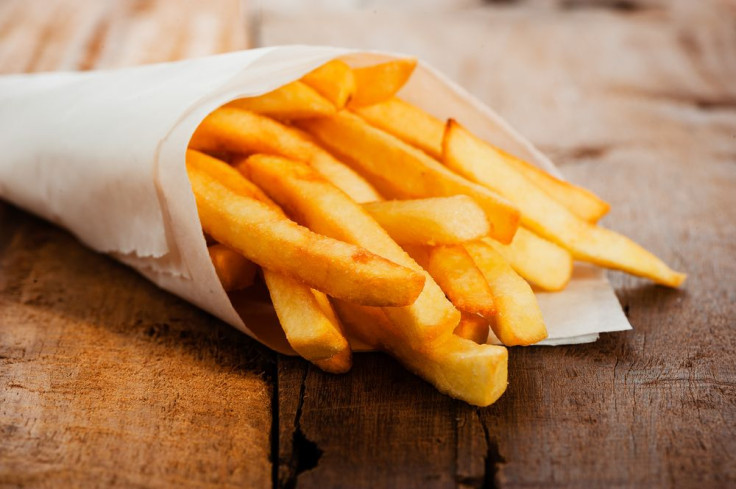High Fat Diet Tied To Accelerated Breast Cancer Development In Teenage Girls

For teenage girls, a high fat diet may up the risk and accelerate the development of breast cancer, according to a new study. Researchers at the Breast Cancer and the Environment Research Program at Michigan State University have discovered that a diet high in certain fats can produce gene signatures consistent with breast cancer tumor growth. The findings could inspire new preventative strategies against the cancer that currently kills over 40,000 Americans each year.
According to the study authors, the link between cancer and fat is nothing new. But while the relationship may have been explored in the past, results have so far been inconsistent, as most papers have failed to distinguish between excessive body fat and actual fat intake. The current study, which is published in the journal Breast Cancer Research, sought to determine whether fat itself can influence mammary tumor growth. To do this, they focused on pubertal girls – a group of women whose mammary glands are particularly sensitive to cancer-causing agents.
"It's important to note that since our experimental model did not involve any weight gain from the high-fat diet, these findings are relevant to a much broader segment of the population than just those who are overweight," co-author Richard Schwartz said in a press release. "This shows the culprit is the fat itself rather than weight gain."
To investigate, the researchers fed a group of female, pubertal mice a high fat diet for four weeks while monitoring an array of cellular and genetic values. These values were then compared to data gather from a control group that had been fed a low fat diet for the same duration. From the results, Schwartz and his colleagues concluded that fat intake did indeed induce gene signatures associated with breast cancer. The high fat diet’s “promotion of inflammatory processes, as well as local and systemically increased growth factor expression, are likely responsible for the enhanced tumorigenesis,” the team wrote in their conclusion.
While further research is needed, Schwartz submits that no one has anything to lose by following the current study’s advice. "Overall, our current research indicates that avoiding excessive dietary fat of this type may help lower one's risk of breast cancer down the road," he told reporters. "And since there isn't any evidence suggesting that avoiding this type of diet is harmful, it just makes sense to do it."
Source: Yong Zhao, Ying Siow Tan, Mark D Aupperlee, Ingeborg M Langohr, Erin L Kirk, Melissa A Troester, Richard C Schwartz, Sandra Z Haslam. Pubertal high fat diet: effects on mammary cancer development. Breast Cancer Research, 2013; 15 (5): R100 DOI.



























